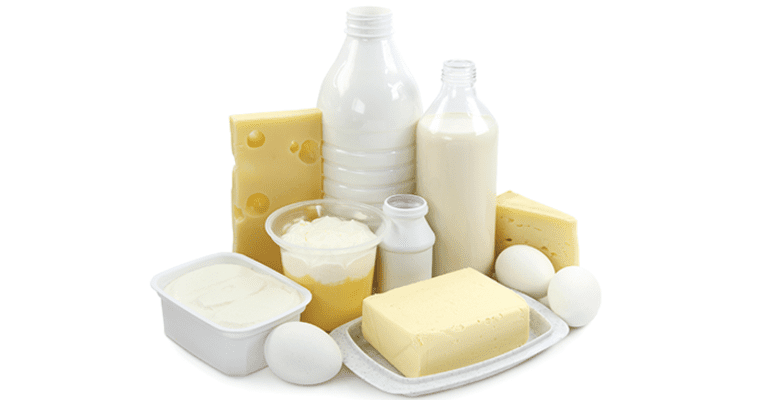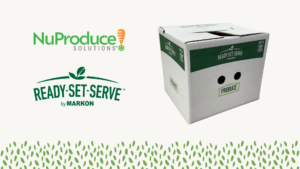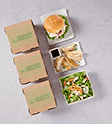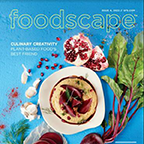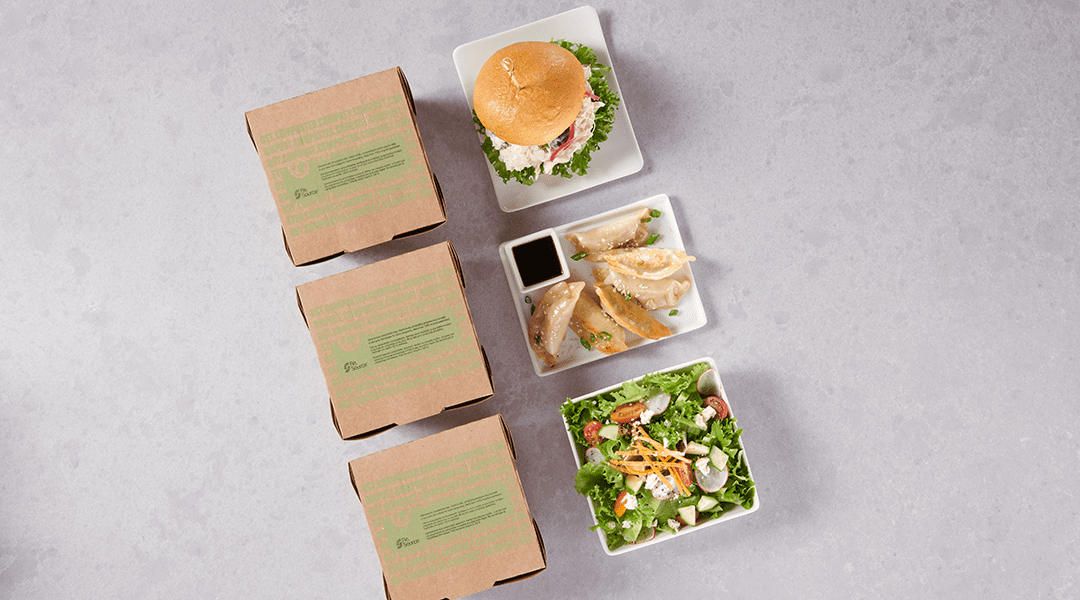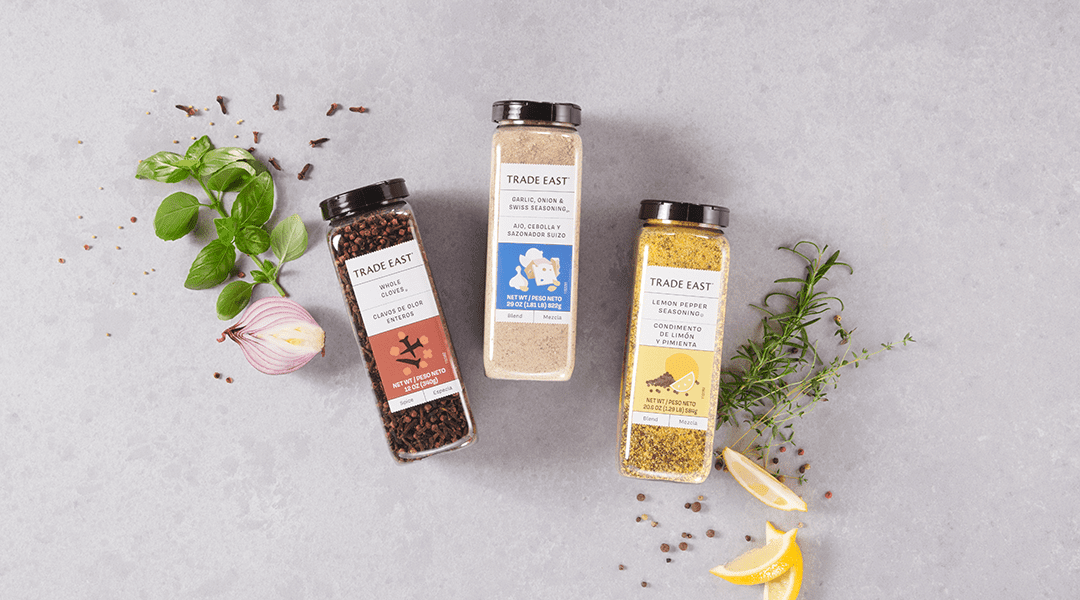It’s no surprise that milk and dairy products require time and temperature control (TCS) to limit bacteria growth and the production of toxins. What you may not have considered is that keeping milk and dairy products safe should start at receiving and continue until they’re used.
Common TCS milk and dairy products:
- Butter
- Cheese
- Cream
- Cream cheese
- Cottage cheese
- Half-and-half
- Ice cream
- Milk (any variety)
- Sour cream
Receiving milk and dairy products
Milk and dairy products should be received at 45°F or lower and cooled to 41°F degrees or lower within 4 hours. So when dairy items are delivered, check them for the correct temperature and then immediately place them in your refrigerator. Do not accept the shipment if the milk or dairy product is above 45°F or there are other signs damage or spoilage, such as change in color, texture or smell.
Storing milk and dairy products
It is best to store milk and other dairy products in the coolest part of the refrigerator, farthest away from the door. The air temperature around the door can fluctuate as the door opens. To ensure your refrigerator is keeping your TCS foods at the proper temperature, place an air temperature thermometer in the warmest part of your refrigerator.
Using milk and dairy products
Be sure to use all of your dairy products by their use-by date. To accomplish this, institute the First In, First Out (FIFO) method—store your oldest dairy products in front of the newest ones and use them in that order. Also keep in mind that pasteurized milk and cheese are the safest to use because the pasteurization process kills harmful bacteria.
More info on TCS foods
Current Gordon Food Service customer? Sign in to gfs.com, click “Resources” and explore the “Food Safety Awareness” section. There you’ll find:
- Cooler and freezer labels
- Temperatures for Food Safety chart
- Receiving Temperature Log
- And more!
You can also contact the Nutrition Resource Center by calling (800) 968-4426 or emailing nrc@gfs.com.
